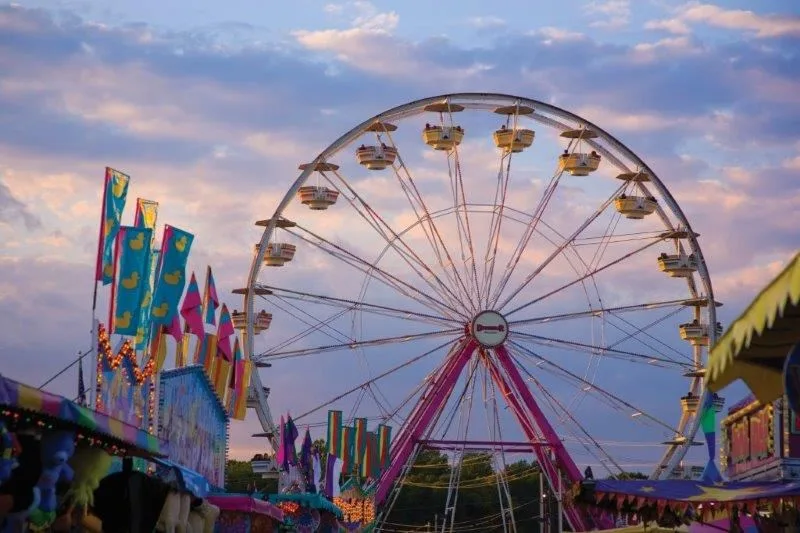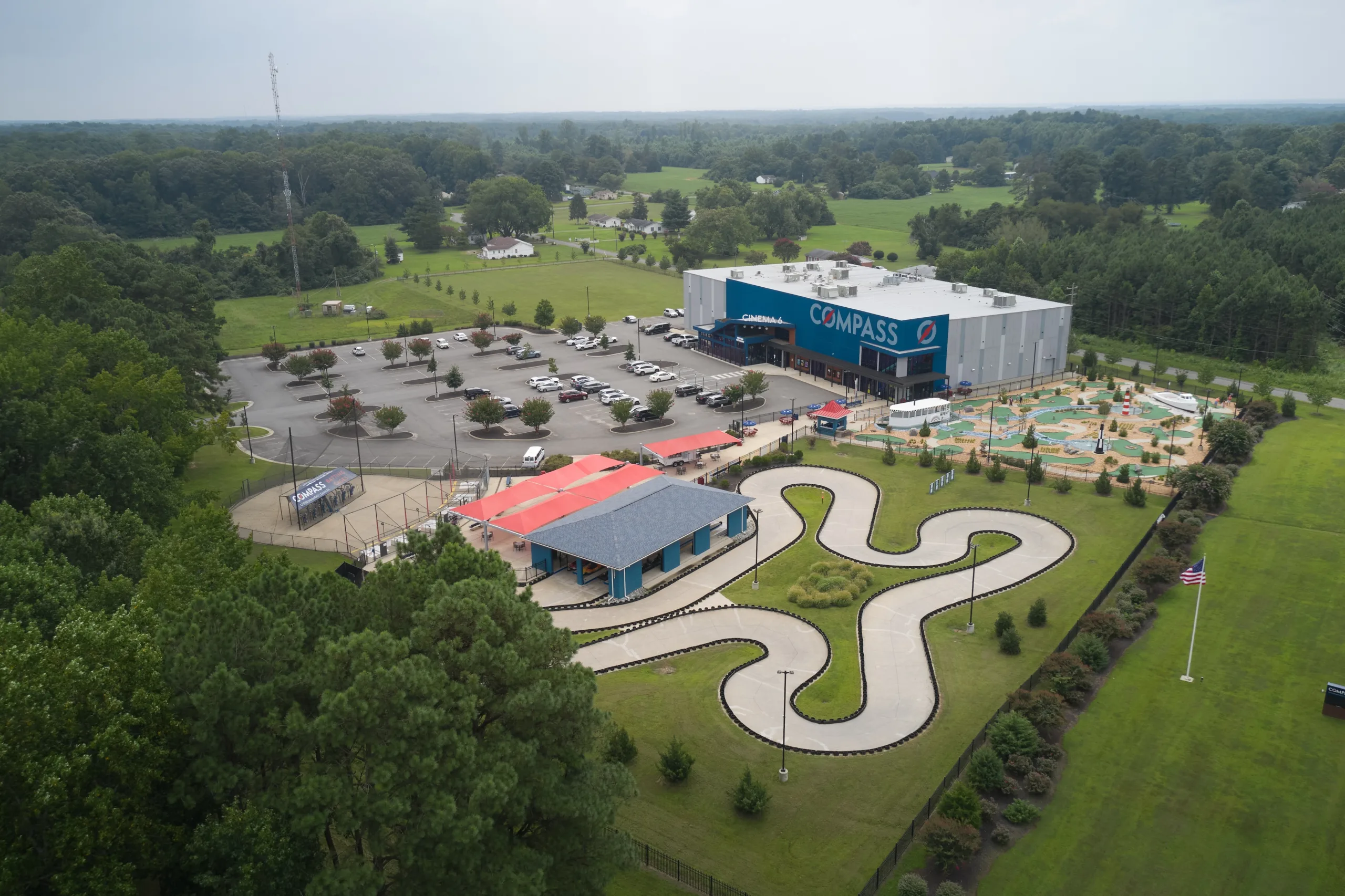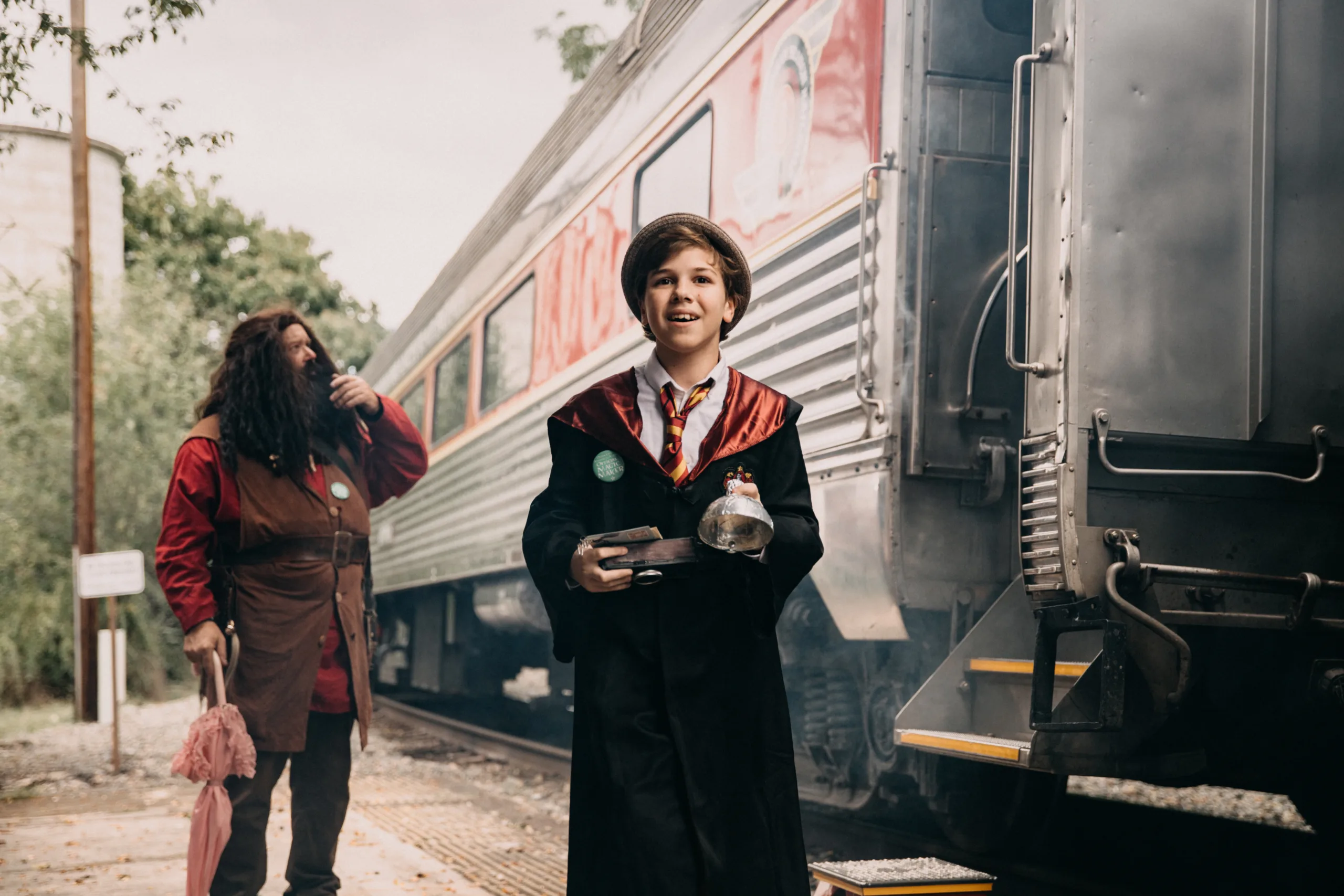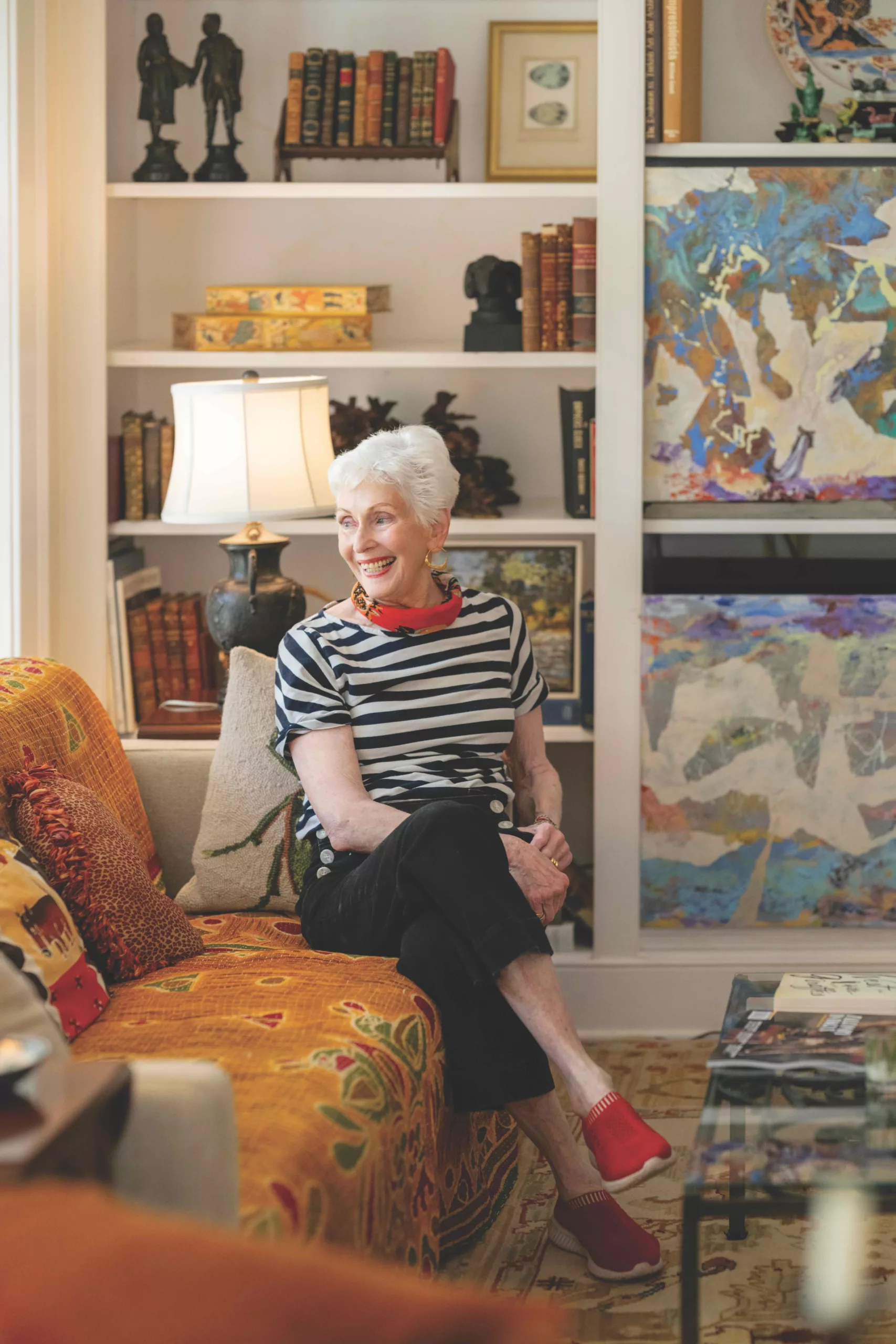Lynchburg’s Academy Center for the Arts reopens after 60 years.

Photo by Camden Littleton
At the dawn of the 20th century, residents of Lynchburg boasted some of the highest per-capita incomes in the country. Tobacco crops, coupled with easy access to the James River and key railroads, had allowed the city to grow and prosper during the 1800s, and after the Civil War, Lynchburg successfully transitioned into “The Pittsburgh of the South,” manufacturing everything from shoes to pharmaceuticals.
To entertain those industrious workers, there were theaters. Major traveling vaudeville acts hopped off the railroad tracks and onto the stages that lined Commerce Street. Gradually, those theaters became movie houses, but by the late 1960s, they had all closed, following not only the general trend of suburban flight, but Jerry Falwell Sr.’s proclamation that Wards Road—a suburban thoroughfare that runs by Liberty University—was Lynchburg’s “newMain Street.”
Now downtown Lynchburg is making a comeback, thanks in huge part to the restoration of the Academy Center for the Arts, a 1906 vaudeville theater that was reopened in December after a $30 million restoration project some three decades in the making.
“When you see a building that beautiful, you fall in love with it,” says Jeff Greene, the founder of EverGreene Architectural Arts. He first visited the Academy Center in the late 1990s but had to wait 17 years before his New York firm could finally begin its massive restoration project. During the interim, arts leaders and preservationists in Lynchburg raised money, made plans, and garnered political goodwill to support the project.
Now, after three years of steady work by EverGreene artists and other contractors, everyone in town is falling back in love with this building, which was shuttered in 1958. “The formality and beauty of this space is something the city has never really had since then,” says Geoffrey Kershner, the 41-year-old executive director of the Academy. “There is a sense of occasion about coming to see a performance here, and that’s really important.”
The son of a Sweet Briar College faculty member, Kershner worked at several universities and Philadelphia theaters before returning to spearhead a revitalization of the arts in his hometown. He’s been a fundraiser, an artistic planner, and a civic social worker, uniting the five resident arts groups that will use the venue: Opera on the James, Endstation Theatre Company, Charlottesville Ballet, Jefferson Choral Society, and Poplar Forest, a nonprofit that runs Thomas Jefferson’s second home and will coordinate a lecture series. Previously, the best venue for these groups was the E.C. Glass High School auditorium, which certainly did not provide that “sense of occasion” that the Academy, with its soaring ceilings, pristine acoustics, and ornate gold plasterwork—faithfully reproduced by EverGreene—can provide.
Thanks to a $30,000 outreach fund, other arts groups can book the space and for-profit ventures can rent it. Local producer Dave Frey put on a Michael W. Smith holiday concert at the Academy, and the Alluvion Stage Company, a professional theater affiliated with Liberty University, produced a February Will Rogers Follies musical revue. Will Rogers actually performed at the Academy, Kershner says, so that rental seemed especially appropriate.
Acts booked by the Academy so far include jazz trumpeter Wynton Marsalis, banjo virtuoso Bela Fleck, and Czech violinist Ivan Ženatý, who performed Vivaldi’s Four Seasons backed by 15 local musicians during a January snowstorm. “We want to provide cultural activity that is filling a void for the community,” Kershner says.
During the four years he has served as executive director, Kershner has expanded the Academy’s visual arts classes, art exhibitions at an adjacent gallery, and programming in the Warehouse Theatre. Recent acts appearing there include public radio personality Brian Reed and Wu-Tang Clan rapper Ghostface Killah. “They have really built up a dynamic following, from very humble beginnings,” Greene says.
Nurturing that following will be crucial for the Academy, says Ken Stein, president of the League of Historic American Theaters. Venues that reopen after a major renovation often rely on patrons who remember the theater before it was restored to buy tickets, Stein says, but that’s not a viable option in Lynchburg. “I don’t know of any other theater in the country that was reopened after 60 years,” he says. “This is an amazing story.”
Falwell bought the Academy in 1985 but allowed it to fall into disrepair. When the fly tower above the stage collapsed in 1993, the city convinced him to sell the theater for $1. After an initial fundraising effort rebuilt the backstage area, residents spent years garnering support for the restoration. By 2016, the state and the Lynchburg Economic Development Authority had committed more than $4 million. Nine foundations and individuals each stepped up to donate a million dollars or more, as didLiberty University.
When the Academy officially reopened in 2018, it opened debt-free and desegregated, headlined by soul and gospel singer Mavis Staples and with a coalition of church choirs onstage to celebrate. “At a time where so much is dividing us in our communities, the arts are really a place where people can come together and share an experience, and that is really powerful,” Kershner says. “Especially in a community like Lynchburg.”
This article originally appeared in our June 2019 issue.








